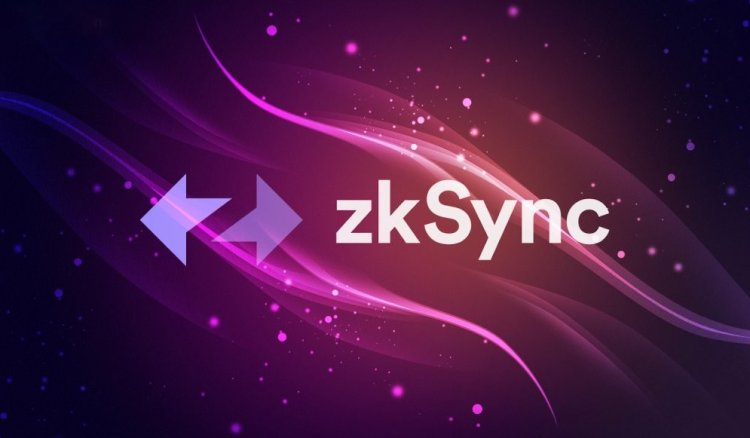ZKsync Developer Introduces 'Elastic Chain' to Rival Polygon's AggLayer
Matter Labs, the primary development firm behind the layer-2 network ZKsync

Matter Labs, the primary development firm behind the layer-2 network ZKsync, has unveiled a new roadmap dubbed ZKsync 3.0. This roadmap aims to enhance ecosystem connectivity, featuring a new "Elastic Chain" that bears similarities to Polygon's AggLayer, introduced earlier this year.
Central to ZKsync 3.0 is the v24 upgrade, launched on June 7, which transforms ZKsync from a single ZK chain into an Elastic Chain, according to a blog post by Matter Labs shared with CoinDesk. The Elastic Chain comprises multiple chains within the ZKsync ecosystem, but it provides users with a seamless experience as if they are interacting with a single chain.
Last year, Matter Labs released the ZK Stack, a toolkit enabling developers to create their own blockchains using ZKsync technology. These custom chains will all interconnect through the Elastic Chain.
Matter Labs describes the Elastic Chain as "an infinitely extensible network of ZK chains (rollups, validiums, and volitions), secured by math and seamlessly interoperable with a uniform and intuitive UX."

This concept aligns with a broader trend in blockchain technology focused on enhancing interoperability across different ecosystems. Polygon introduced a similar concept in January called the "AggLayer."
The Elastic Chain comprises three core components, as outlined by Matter Labs. The first component includes the "Native Token Vault" and "Shared Router," implemented as a series of smart contracts on Ethereum. These contracts manage the network's state and handle chain registrations.
The second component is the ZK Gateway, a middleware connecting the Ethereum blockchain to ZKsync's ZK chains, facilitating interoperability within the ZKsync ecosystem.
According to Matter Labs, these core components enable efficient interaction and transactions between ZK chains, inheriting Ethereum's security while allowing the network to scale horizontally without compromising the fundamental properties that make public blockchains powerful.






